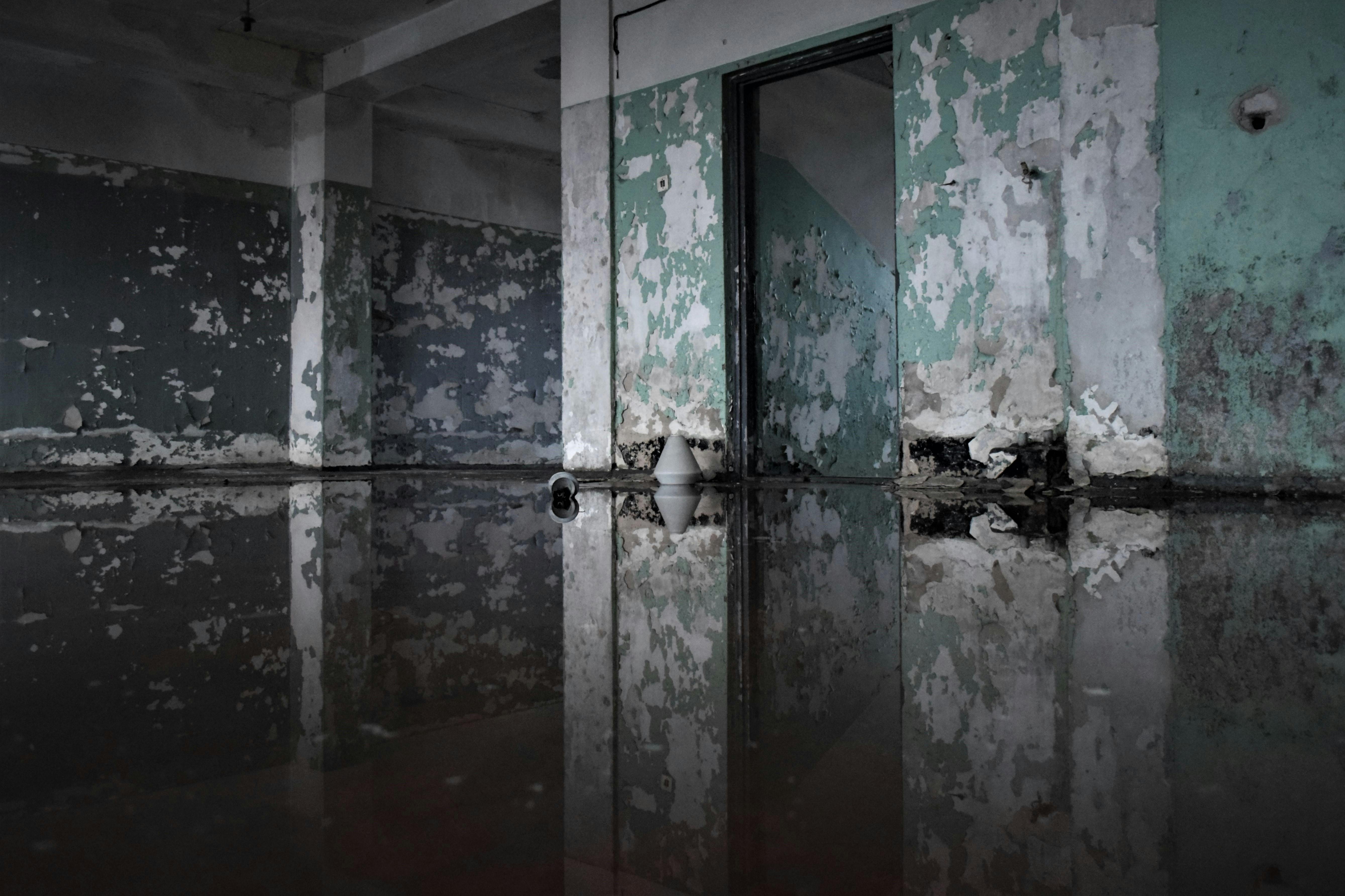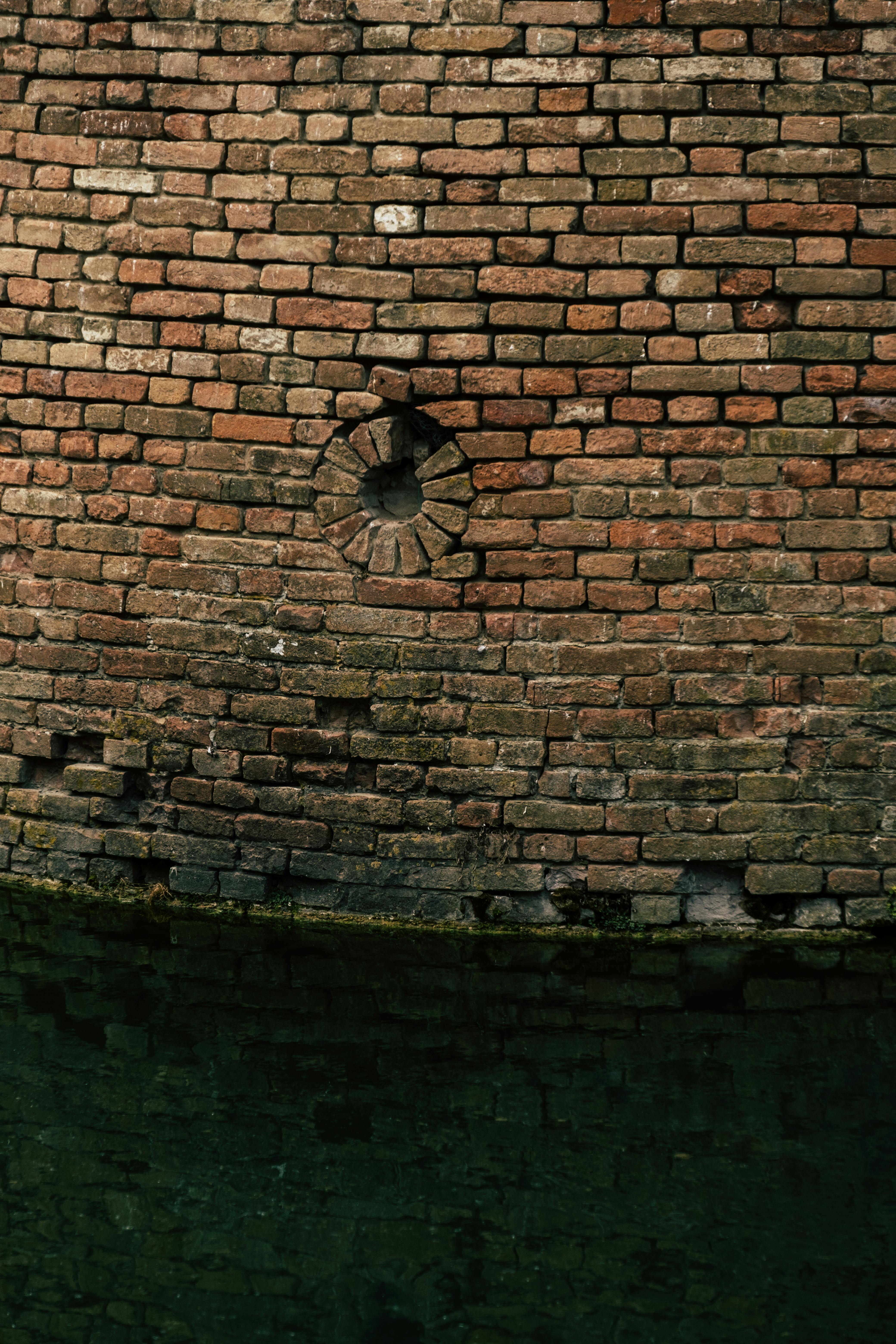The first step to properly handling water exposure in appliances is understanding the potential risks and consequences. It’s important to know how water can damage your appliances and what you can do to prevent or minimize the damage. In this article, we will discuss the importance of properly handling water exposure in appliances and provide you with some practical tips on how to protect your appliances from water damage.

This image is property of images.pexels.com.
Understanding the Risks of Water Exposure
Water exposure can cause significant damage to your appliances, leading to costly repairs or replacements. When water comes into contact with electrical components, it can short-circuit the appliance or cause it to malfunction. Water can also cause rust and corrosion, which can affect the performance and lifespan of your appliances. Understanding these risks is crucial in order to take the necessary precautions to prevent water damage.
Potential Consequences of Water Damage
If you fail to properly handle water exposure in your appliances, you may experience a range of consequences. These can include electrical fires, appliance failure, and the need for expensive repairs or replacements. In addition, water damage can also lead to mold and mildew growth, which can pose health risks to you and your family. By understanding the potential consequences of water damage, you can take proactive steps to protect your appliances.
Preventing Water Damage in Appliances
There are several steps you can take to prevent water damage in your appliances. By implementing these preventive measures, you can minimize the risk of water exposure and prolong the lifespan of your appliances.
Regular Maintenance
One of the most effective ways to prevent water damage in appliances is to perform regular maintenance. This includes cleaning and inspecting your appliances on a regular basis to identify any signs of water damage. Be sure to check for leaks, cracks, or other issues that may indicate a potential water leak. By addressing these problems early on, you can prevent water damage from occurring.
Proper Installation
Proper installation of your appliances is essential in preventing water damage. Make sure that your appliances are installed correctly and securely to avoid any potential leaks or water exposure. If you are not confident in your ability to install an appliance, consider hiring a professional to do the job for you. Proper installation can go a long way in protecting your appliances from water damage.
Use of Water Sensors
Water sensors can be a valuable tool in preventing water damage in appliances. These sensors can detect the presence of water and alert you to potential leaks or flooding before they cause serious damage. Consider installing water sensors near your appliances, especially those that are located in areas prone to water leaks, such as the kitchen or bathroom. By using water sensors, you can be proactive in preventing water damage.

This image is property of images.pexels.com.
Proper Handling of Water Exposure
Despite your best efforts to prevent water damage, accidents can still happen. It’s important to know how to properly handle water exposure in appliances in order to minimize the damage and prevent further issues.
Immediate Action
If you discover water exposure in one of your appliances, it’s crucial to take immediate action. Start by unplugging the appliance and shutting off the water source, if applicable. This will help prevent further damage and reduce the risk of electrical shock. Next, remove any excess water using towels or a wet/dry vacuum. The sooner you act, the better chance you have of preventing extensive damage.
Air Drying
After removing excess water, allow the appliance to air dry thoroughly before attempting to use it again. You can speed up the drying process by using fans or dehumidifiers to help remove moisture from the appliance. Avoid using the appliance until you are certain that it is completely dry to prevent the risk of electrical shock or further damage.
Cleaning and Inspecting
Once the appliance is dry, clean and inspect it thoroughly to ensure that no water damage has occurred. Look for signs of rust, corrosion, or mold growth, as these can indicate water damage. If you notice any issues, consider contacting a professional appliance repair service to assess the damage and make any necessary repairs. By cleaning and inspecting your appliances after water exposure, you can catch potential problems early on and prevent further damage.
Conclusion
Properly handling water exposure in appliances is essential in order to protect your valuable investments and prevent costly repairs or replacements. By understanding the risks of water damage, taking preventive measures, and knowing how to handle water exposure effectively, you can keep your appliances in good working condition for years to come. Remember to stay vigilant and proactive in protecting your appliances from water damage, and be prepared to take immediate action in the event of water exposure. With proper care and maintenance, you can avoid the headaches and expenses associated with water damage in appliances.
Next Steps: Implement the preventive measures discussed in this article to protect your appliances from water damage. Stay informed about the risks of water exposure and be prepared to take immediate action in the event of a water leak or flooding. By taking these steps, you can help ensure that your appliances remain in good working condition and avoid the need for costly repairs or replacements.